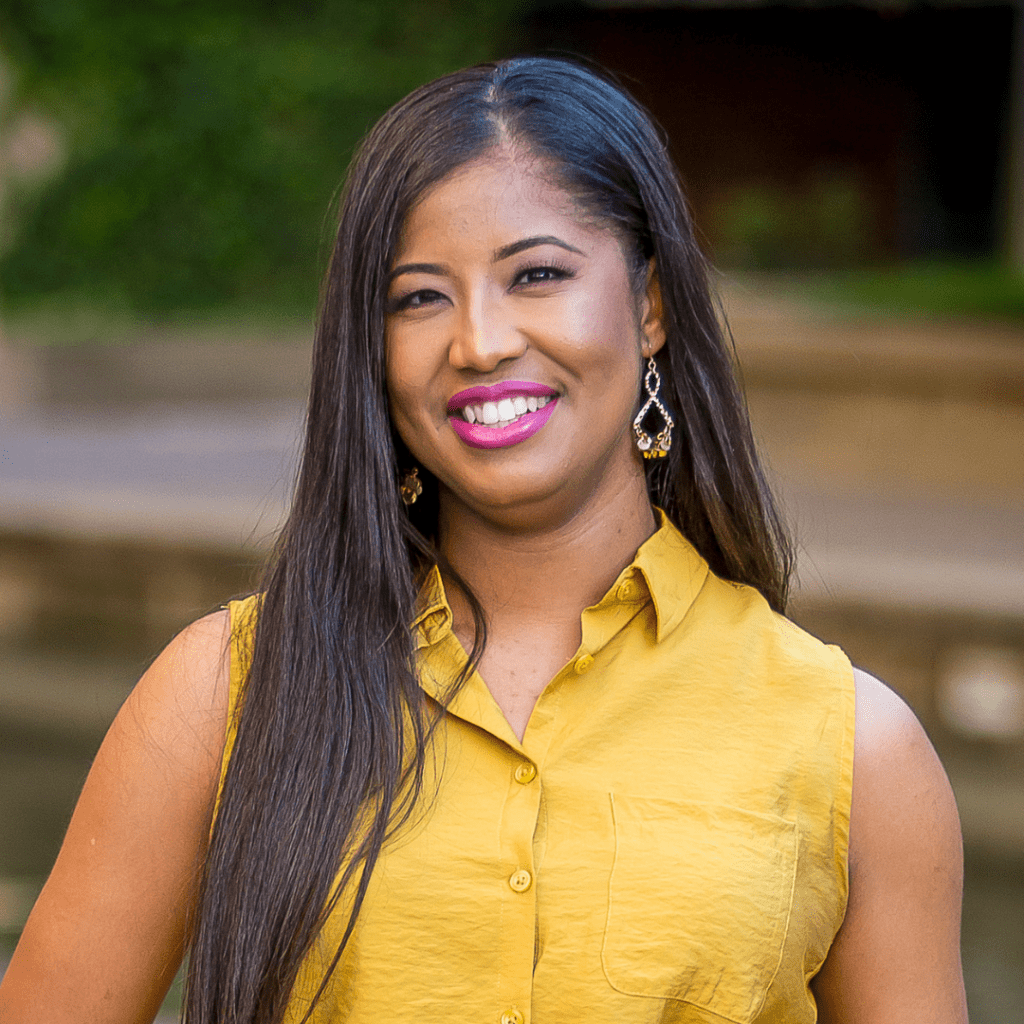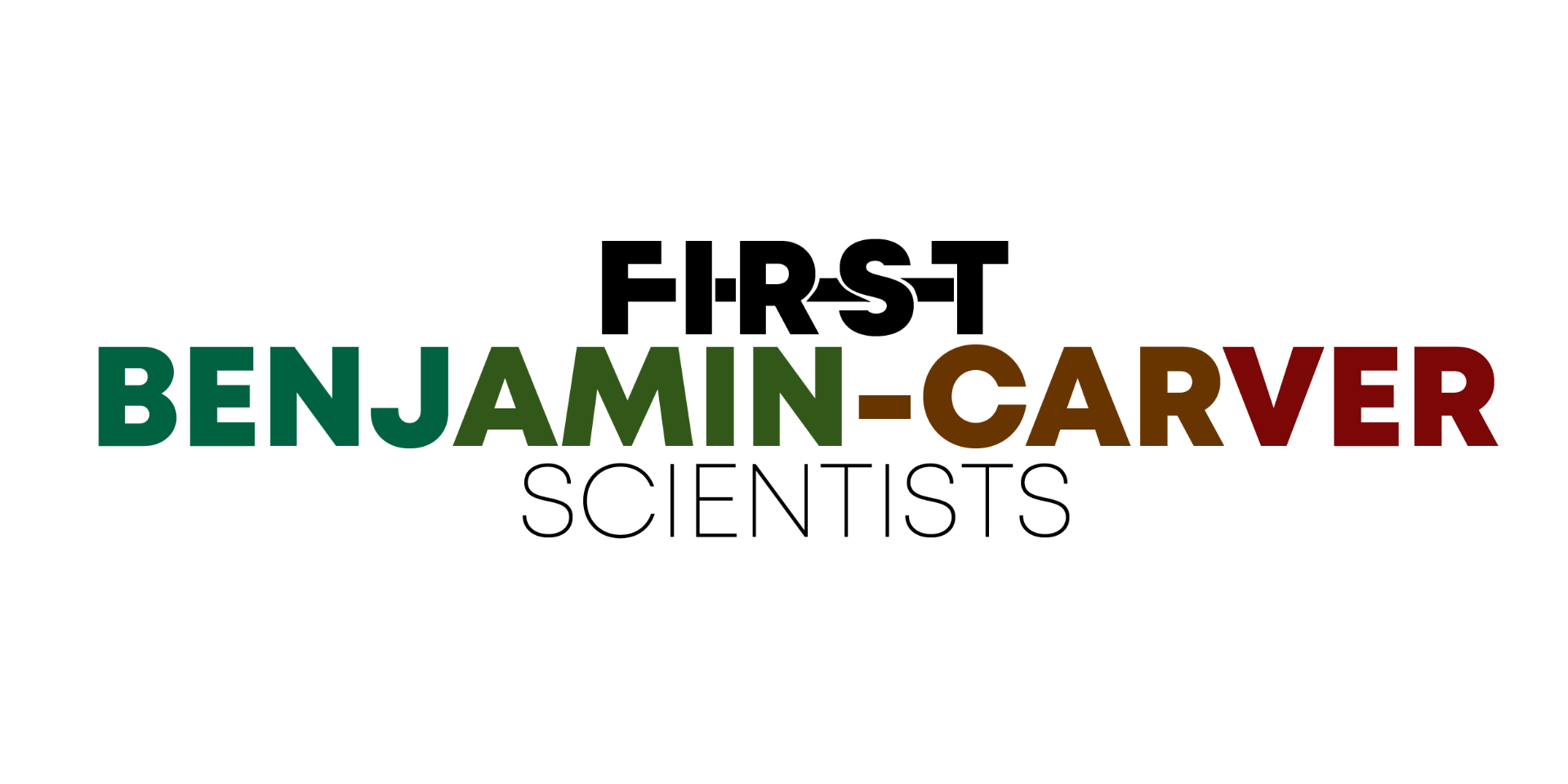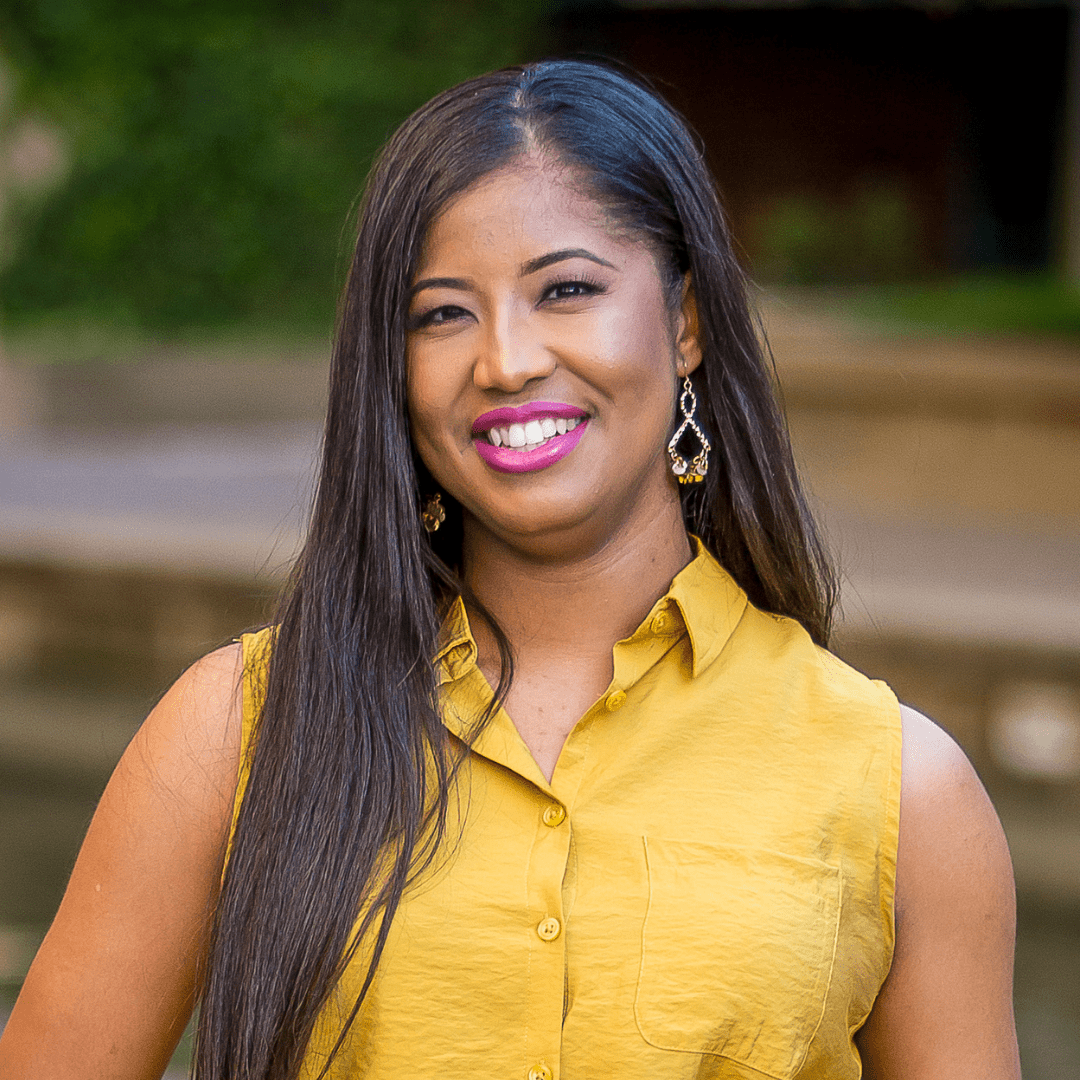Stacy Lloyd, PhD, MPH, began her academic career in her home state of Texas, where she attended Prairie View A&M University. During her senior year, Lloyd became a co-survivor to her grandma’s breast cancer diagnosis—a defining moment for Lloyd and one that would ultimately lead her to become a Benjamin-Carver FIRST Scientist.

About the FIRST Partnership
Long-time partners, University of Alabama at Birmingham (UAB) and Tuskegee University (TU), have come together to establish the Benjamin-Carver (BC) FIRST Scientists—an NIH funded initiative dedicated to building a community of researchers who are committed to inclusive excellence.
BC scientists, named after Dr. Regina Benjamin (18th US Surgeon General and UAB graduate) and George Washington Carver (a nationally recognized TU scientist), inspire and challenge early-career faculty. The institutions do this by surrounding BC Scientists with a comprehensive support infrastructure that includes sponsors, mentors, career coaches, institutional research navigators, and professional development opportunities. Ultimately, with such support, FIRST BC Scientists will be poised to grow in their careers and facilitate innovation and collaboration.
Participants in the program come from research areas including cancer, obesity and diabetes, cardiovascular disease, neuroscience, and cancer. To welcome each member of the inaugural cohort, we’ve created a series that spotlights their educational history, accomplishments, and plans for the future.
Meet Stacy Lloyd, Ph.D., MPH
“When my grandmother was diagnosed, I immediately thought about all the facts surrounding Black women with breast cancer and like that, we became a statistic. It felt like an automatic death sentence,” recalled Lloyd.
“I knew there had to be more to the story. It couldn’t be just because I’m black, I’m more susceptible to every major chronic disease and if I happen to get it, I’m going to die from it. For me, this is where it all started.”
After graduating undergraduate school with a Bachelor of Science in Biology and a minor in Chemistry, Lloyd decided to pursue her Ph.D. in Human Genetics and MPH at the University of Pittsburgh.
Following her time in Pittsburgh, Lloyd began her journey as a Kellogg Health Scholar Postdoctoral Fellow at the University of Texas, M.D. Anderson Cancer Center. Happy to be back home in Houston, this opportunity allowed Lloyd to work as a project manager and research investigator on the AVON Foundation Grant, Houston Breast Cancer Task Force, and NCI’s Environmental, and Social Determinant of Early-Onset Breast Cancer study.
At the end of her fellowship at M.D. Anderson, Lloyd received a second fellowship to study prostate cancer at Baylor College of Medicine—where she would go on to become an instructor.
Building a Career in Cancer Research as a FIRST scholar
After being an instructor at Baylor for 5 years, Lloyd began searching for the next step in her career. After learning that the institution she was currently at was not applying for the FIRST grant, Lloyd knew she needed to pivot. So, she sought help from past mentors and trusted colleagues by creating a committee to help strategize her next move. On that committee was Clayton Yates, PhD., PI and founding senior leadership member of Benjamin-Carver FIRST.
When recommended by Yates to apply, Lloyd recalled, “Clayton taught me that the Benjamin-Carver FIRST program wasn’t like any other promotion I had seen before. Instead, it’s a historic opportunity to create systemic and sustainable culture change; and they do that by investing in my work and supporting me as a person.”
For Lloyd, this was a crucial moment.
“I realized all those years; this is what I had been fighting for—for both my work and self to be valued. Throughout the application and interview process, I saw both UAB and Tuskegee show me that level of respect.” stated Lloyd.
In August 2023, Lloyd officially became part of the inaugural class of Benjamin-Carver FIRST Scientists.
As for what’s next, Lloyd will continue her research in prostate cancer from the perspective of aberrant wound healing and hopes to develop a therapeutic product that can be used to target keloids, as well as cancer.
Through the FIRST program, Lloyd plans to write applications for additional grants and work toward receiving tenure. But most of all, she hopes to conduct personal development in her work.
She pondered, “In the end, I want to leave behind a legacy that changes people’s health, life, and perspectives. But along the way, I want to stay open and objective enough to see where my work can go from here.“


